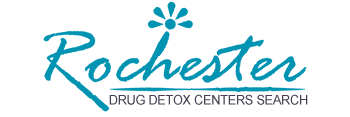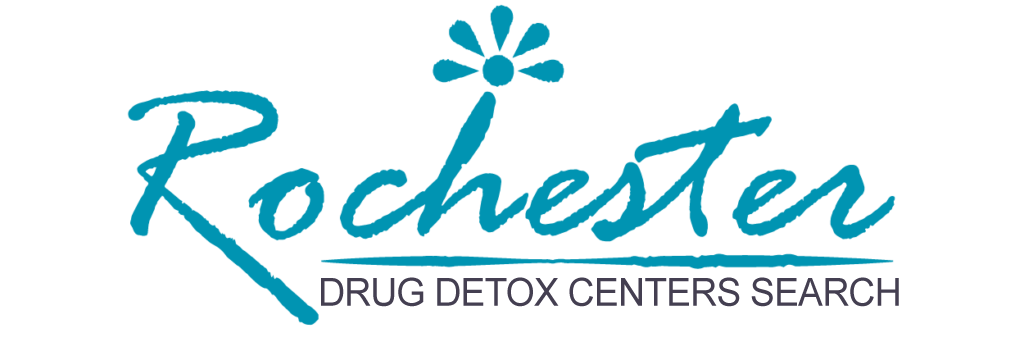Drug Addiction and Rehab in Rochester, NY
Overcoming drug or alcohol addictions take time, commitment, and external support. While some people manage to break the bonds of addiction by themselves, professional drug addiction and rehab programs are always advised. The drug addiction and rehab process includes a number of separate elements designed to work together from the early stages of intervention and detox to the later stages of relapse prevention and aftercare support. A variety of drug addiction and rehab programs are initiated throughout this process, including pharmacotherapy and psychotherapy programs. If you or anyone you know needs to access drug addiction and rehab for a substance use disorder, Drug Detox Centers Rochester can help.
What are Recovery Programs?
Recovery programs include all addiction treatment systems designed to promote abstinence and long-term recovery. While the drug treatment process in Rochester differs widely depending on the substance and extent of addiction, most treatment regimes follow a similar progression. Crisis intervention marks the start of the treatment process for many people, as the friends and family members of drug addicts make a direct attempt to seek professional help. Detox is the next stage, including medical detox programs that administer medications and provide medical support. Rehabilitation is the next phase, with residential and outpatient programs both available depending on the needs of the individual patient. Aftercare support programs are initiated after rehab, including 12-step support groups, sober living environments, SMART Recovery, and ongoing counseling.
Cognitive Behavioral Therapy
Cognitive behavioral therapy (CBT) is one of the most popular treatment models applied during rehab. CBT has proved to be an effective way to treat a wide range of substance use and mental health disorders, including depression disorder, anxiety disorders, personality disorders, eating disorders, and psychotic disorders. During a typical implementation of CBT, therapists will attempt to identify critical problematic behaviors, examine these behaviors, evaluate these behaviors, and change any behaviors that are causing problems. Patients are typically taught how to become more mindful of their thoughts and feelings and develop the coping mechanisms needed to avoid negative behavioral patterns. Elements of CBT can be applied in many treatment programs, including art therapy, moral reconation therapy, and SMART Recovery.
Motivational Therapy
Motivational interviewing (MI) is a different method of drug addiction treatment, with this counseling-based approach helping drug addicts to recognize problem areas and initiate behavioral changes from the inside-out. MI is based on non-confrontational and non-adversarial principles, with clients entering into a partnership with the therapist and learning how to make sustainable changes from within. There are four general processes used within the context of MI: engaging, focusing, evoking, and planning.
Other motivational programs may also be applied during rehab and aftercare regimes, including motivational incentives, and motivational enhancement therapy (MET). Motivational incentives is also known as contingency management, with this approach to drug treatment dealing with the consequences of drug use rather than the precedents. For example, in a typical contingency management program, patients are able to earn rewards for abstinence and other positive behavior. If you or anyone you know is struggling with a substance use disorder, Drug Detox Centers Rochester is just a call away. Call to speak with one of our caring recovery advocates.


